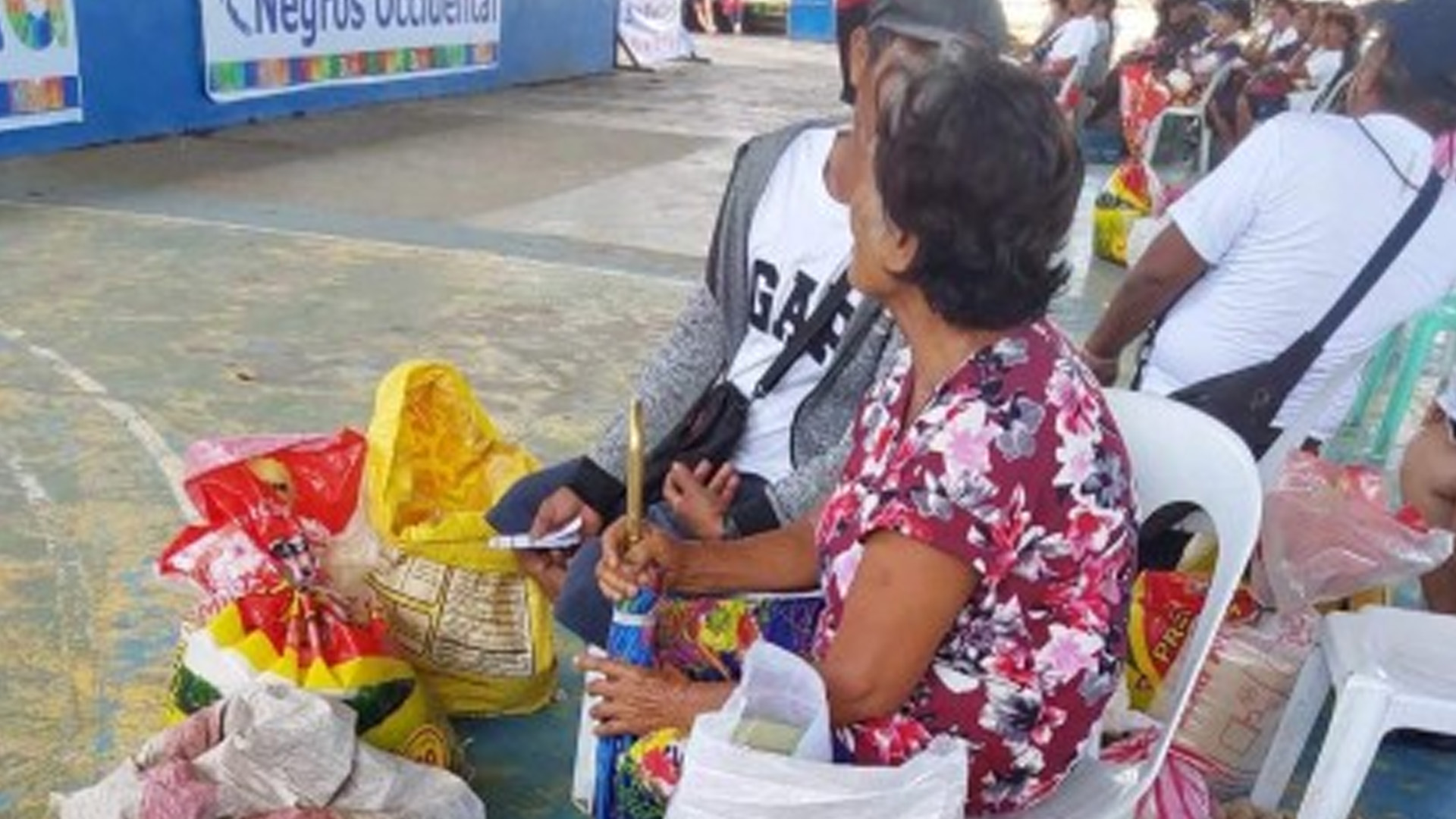Household-beneficiaries of the Department of Social Welfare and Development (DSWD) Walang Gutom: Food Stamp Program in 31 local government units (LGUs) in Negros Occidental can avail of PHP3,000 in monthly food credits for three years until 2027.
In Western Visayas, all the target 43,021 households, identified as most food-poor, are located in Negros Occidental.
May Rago-Castillo, information officer of DSWD-6 (Western Visayas), said in a statement on Monday that each household is given an electronic benefit transfer (EBT) card that they can use to redeem the food package each month for 36 months.
“We see this as a big boost for the household-beneficiaries’ fight against hunger. This is a big help to the anti-poverty and anti-hunger campaign of the national government,” she said.
Among the 13 cities, the highest number of beneficiaries are in Kabankalan City, with 4,282 households, followed by San Carlos City, 3,292; Himamaylan City, 2,769; Sagay City, 2,695; Cadiz City, 2,461; Bago City, 2,392; Escalante City, 1,781; Sipalay City, 1,505; Silay City, 1,419; Talisay City, 1,203; Victorias City, 1,002; La Carlota City, 695; and Bacolod City, 689.
Cauayan has the most beneficiaries among the municipalities, with 2,384 households; Calatrava 1,915; Murcia, 1,194; La Castellana, 1,164; Isabela, 1,124; Hinoba-an, 1,115; Ilog, 965; Moises Padilla, 954; Toboso, 923; Hinigaran, 872; Binalbagan, 836; E.B. Magalona, 788; Don Salvador Benedicto, 564; Manapla, 532; Candoni, 381; Pontevedra, 391; Valladolid, 314; Pulupandan, 232; and San Enrique, 188.
The DSWD-6 has accredited retailers in each LGU to supply food products to household beneficiaries, and their respective LGUs will organize the monthly redemption day.
The food credits are allocated in three food groups, including PHP1,500 for carbohydrates (50 percent), PHP900 for protein (30 percent), and PHP 600 for fiber-rich food (20 percent).
The Food Stamp Program, created through Executive Order No. 44, is an anti-hunger and poverty reduction program aimed at decreasing the incidence of involuntary hunger experienced by Filipinos from low-income households and improving the availability and accessibility of nutritious food while helping address nutritional concerns. (PNA)





















